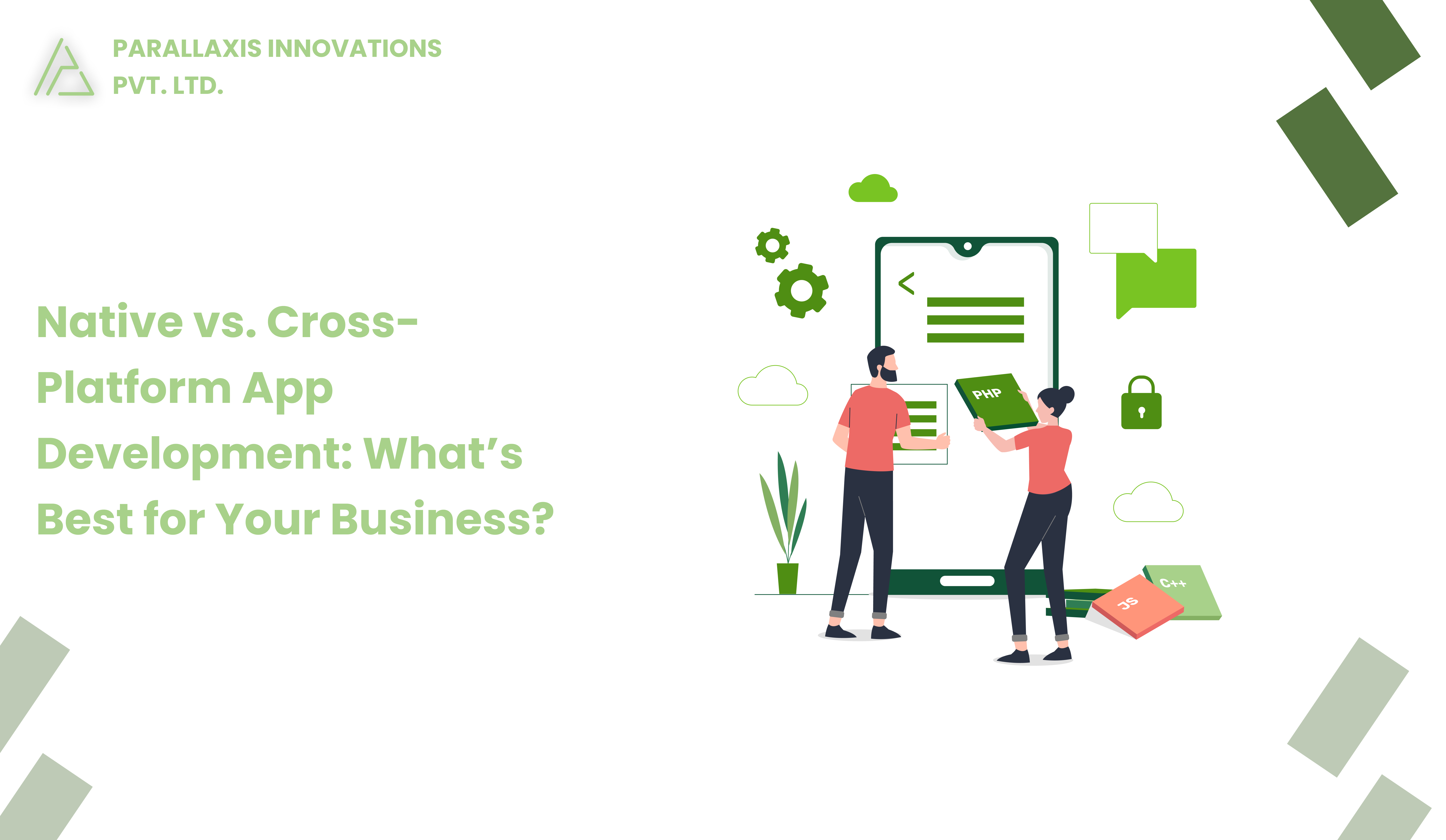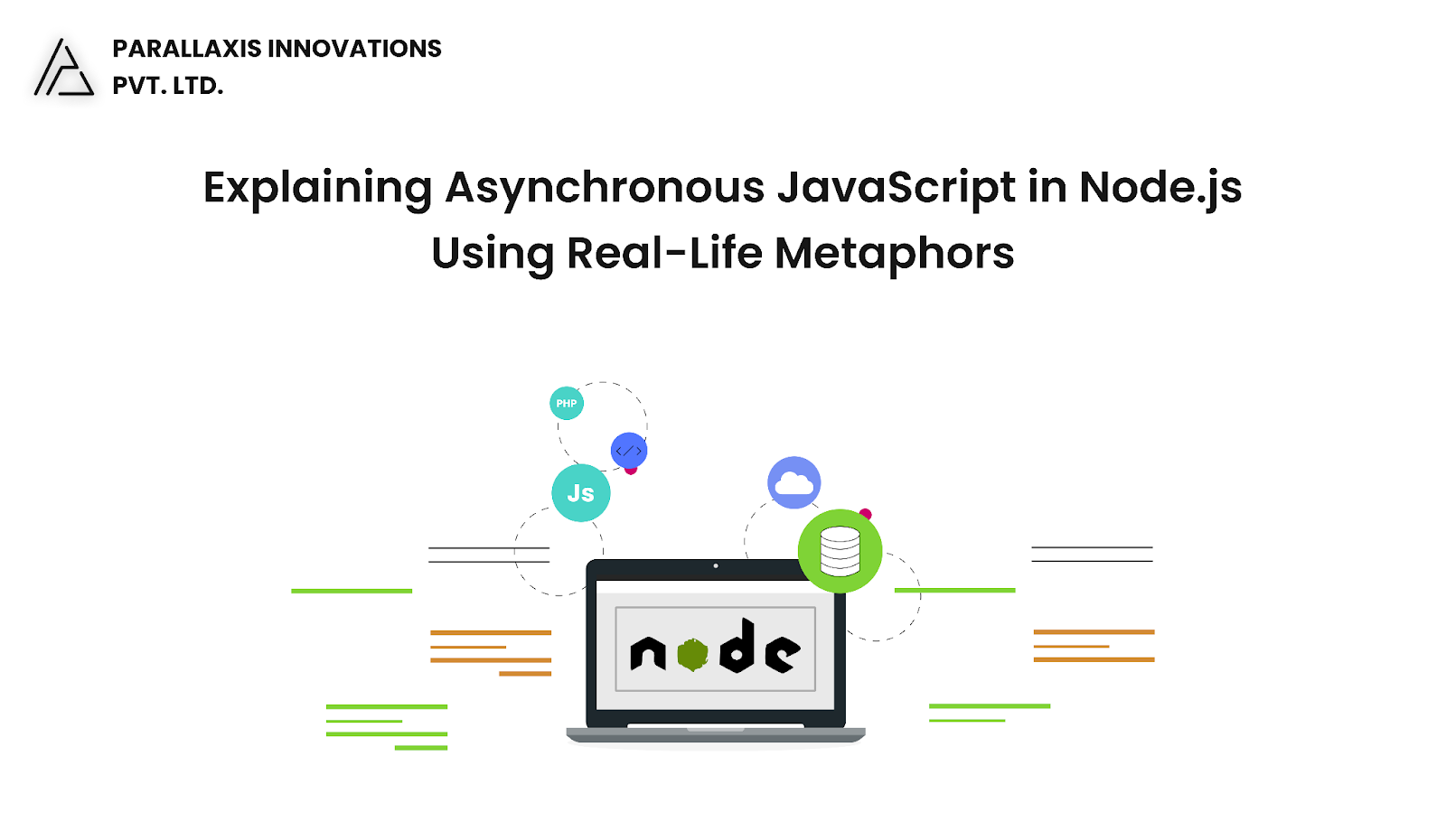When planning to build a mobile app for your business, one of the first and most important decisions you’ll face is: should you go with native development or a cross-platform approach?
Each option comes with its own advantages, limitations, and use cases. In this blog, we’ll break down the differences between native and cross-platform app development and help you determine which is best suited for your business needs.
What Is Native App Development?
Native apps are built specifically for one platform using platform-specific programming languages and tools.
- iOS Native Apps: Built using Swift or Objective-C with Xcode
- Android Native Apps: Built using Kotlin or Java with Android Studio
Advantages of Native Development
- Best performance and speed
- Full access to device features (camera, GPS, sensors, etc.)
- Seamless UX with platform-specific design guidelines
- Better scalability and stability for complex apps
Drawbacks
- Separate codebases for iOS and Android
- Higher development and maintenance costs
- Longer time to market
What Is Cross-Platform App Development?
Cross-platform apps are developed using a single codebase that runs on multiple platforms (iOS and Android).
Popular frameworks include
- Flutter (Dart)
- React Native (JavaScript/TypeScript)
- Xamarin (.NET)
- Kotlin Multiplatform
Advantages of Cross-Platform Development
- Faster development with a single codebase
- Lower costs (shared code = fewer developer hours)
- Simultaneous deployment to both platforms
- Easier maintenance and updates
Drawbacks
- Slightly reduced performance compared to native
- Limited access to some advanced platform-specific features
- May require native code for complex use cases
Native vs. Cross-Platform: Head-to-Head Comparison
Feature
Native Apps
Cross-Platform Apps
Performance
Excellent
Good to Very Good (improving)
Development Time
Longer (2 separate builds)
Faster (single codebase)
Cost
Higher
Lower
User Experience (UX)
Platform-optimized
Consistent but less native
Access to Hardware
Full access
Limited (but extendable)
Best For
Complex apps, top performance
MVPs, business apps, startups
Which One Is Best for Your Business?
The best option depends on your business goals, budget, and user needs. Here's a quick guide:
Go Native If You:
- Need maximum performance (e.g., games, real-time apps)
- Want deep platform integration (e.g., AR, Bluetooth, camera-heavy apps)
- Have a larger budget and team
- Are building platform-specific UX experiences
Go Cross-Platform If You:
- Have a limited budget or tight timeline
- Are launching a Minimum Viable Product (MVP)
- Need to reach both Android and iOS users quickly
- Want easier maintenance and updates
Real-World Examples
- Instagram: Native + some cross-platform components (React Native)
- Uber: Primarily native due to real-time and GPS needs
- Alibaba: Uses Flutter for fast updates and shared codebase
- Airbnb (previously): Used React Native but returned to native due to scalability challenges
A Hybrid Approach?
Some businesses adopt a hybrid model, using cross-platform frameworks for most of the app but native modules for complex parts. This offers the best of both worlds: faster development with performance where it matters.
Final Thoughts
There’s no one-size-fits-all answer in the native vs. cross-platform debate. What’s most important is aligning your choice with your
- Budget
- Time-to-market goals
- App complexity
- User experience expectations
A well-chosen tech approach can reduce costs, improve time-to-market, and deliver a better product to your users.
Need Help Deciding?
Our mobile app experts can help you evaluate your needs and recommend the best tech stack for your business.
Get in touch for a free consultation today.



